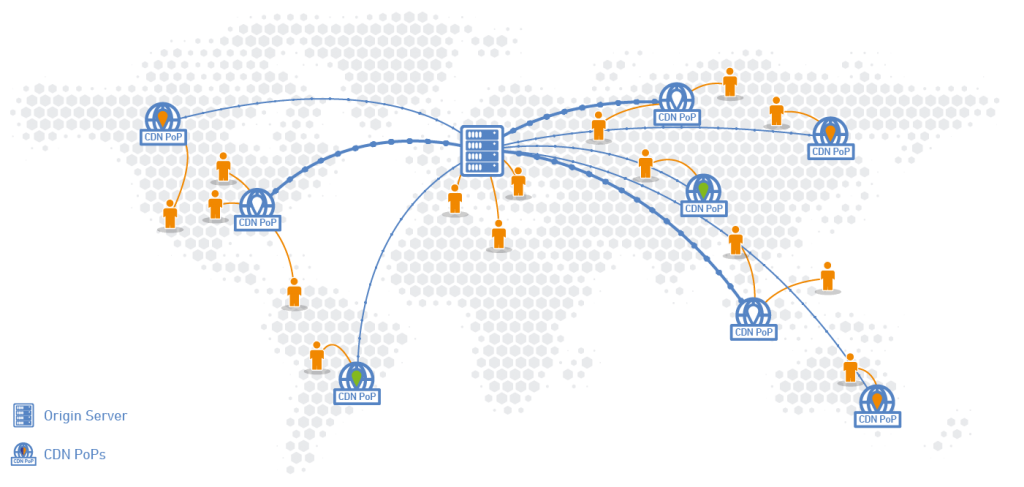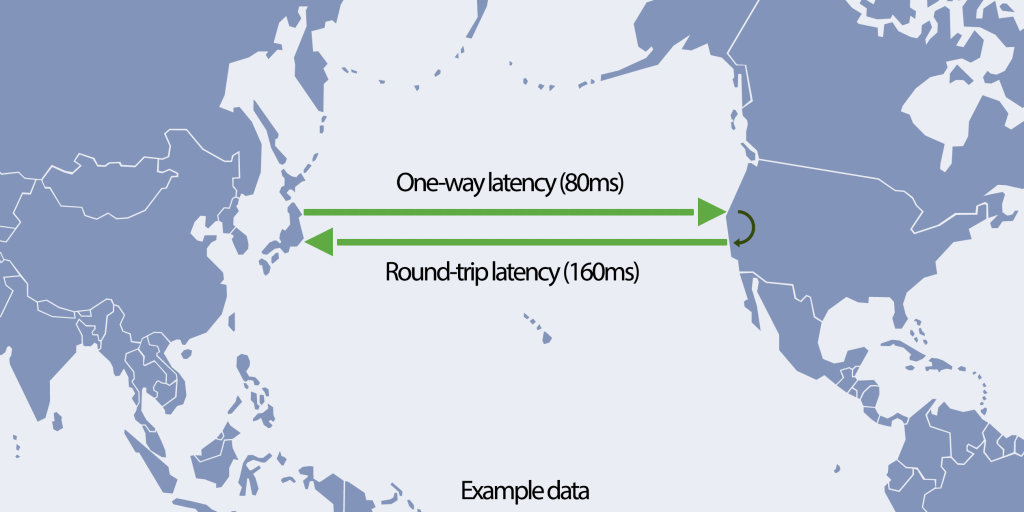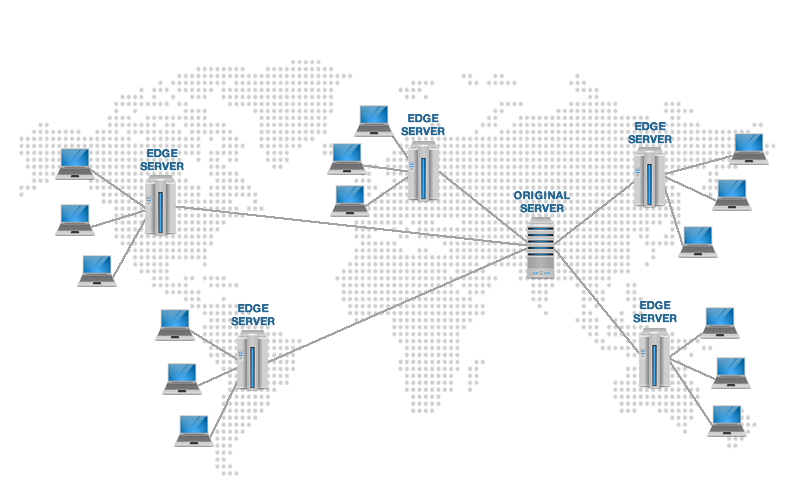When we use the term CDN, we are referring to a content delivery network. As the name implies, a CDN is a group of servers that are geographically distributed to help improve the page loading speed of a website.
A CDN enables the improvement of loading internet content that includes JavaScript files, HTML pages, images, videos, and style sheets and other speed optimizations which you can see here.
A significant portion of web traffic today is provided via CDNs and this includes traffic from sites such as Netflix, Facebook, and Amazon. In addition, CDN also helps in the protection of websites from malicious attacks.
Difference between Web host and CDN
A CDN is not the same as web hosting; it can help cache content to improve website performance. However, it is not similar to web hosting, it is not a replacement, it’s a helper service for the web server which serves your dynamic content.
Therefore, a CDN cannot be used as a replacement for traditional web hosting. This is because you are able to improve performance and prevent service interruptions with the help of a CDN.

Benefits of CDN use
Use of CDN differs depending on the size of an internet property. However, for your blog, there are 4 main benefits that using CDN provides.
Improves website loading time
A visitor of your blog gets to experience faster loading time. This ensures that visitors will not be frustrated by the loading speed in your blog and click away. Bounce rates are reduced and visitors to your blog get to stick around longer.
Reduce Bandwidth consumption
Bandwidth is what is considered important in web hosting service and many web hosts restrict bandwidth usage.
However, when you use CDN, you reduce the amount of data that is required from the original server. This will reduce the cost for you as a website owner or blogger.
Increased content availability
Your website’s function can be interrupted by hardware failure or huge traffic. However, with CDN, more traffic can be handled well than it would from an original server, because the CDN is able to spread the load on a large number of servers.
Website security is improved
CDN helps you improve the security of the website that hosts your blog. This is done through improved security certificates, DDoS mitigation, dropping of malicious traffic and other optimizations.
How does a CDN work?

Essentially, a CDN, with typical companies such as KeyCDN, (from where we have referenced the image above) is comprised of a network of servers called Edge Servers. These servers are linked to help deliver content cheaply, quickly, reliably, and securely. As such, the content of your blog can easily get to your visitors from these networks. There are servers are strategically placed at exchange points that improve speed as well as connectivity.
There are Internet exchange points (IXPs) that have a primary location and act as access points to traffic that is distributed by different networks. Therefore, whereas there is an Origin server (depicted above), information emanating from this server is distributed to the CDN that is closest to the visitor of your website or blog. This ensures that the CDN provider reduces the cost of transmitting data at high speeds.
There are various data centers globally that help in the distribution of data from the original servers where the information comes from. Therefore, if your data is stored in an original server in America, a person in the UK is able to access the data fast using the CDN closest to them.
How CDN improves website load times

If your website or blog loads content slowly, users will drop off quickly. However, CDN helps solve this problem in the following ways.
- There is a reduced distance between your website resources and users of your website. The user does not connect to the original server, they connect to various CDN located closest to them.
- Data reaches the user faster due to software and hardware optimization.
- File size reduction helps to reduce the amount of data transferred from the original server to the CDN closest to a user. This is done through file compression and minification. Smaller files mean faster loading times. Therefore, a visitor to your blog is able to access information faster and more conveniently.
- By using TLS/SSL certificates, CDN speeds up sites through connection reuse optimization. This is done by enabling a false start to the TLS.
Based on the above information on CDN, it is clear that your blog will get more visitors every time due to improve convenience in use. If you rely on your blog for business, more visitors means more profit through improved conversion rates. Therefore, ensure that you use the CDN service to get your blog the popularity it requires to earn you money. There are several popular CDNs, with one of the most popular ones being CloudFlare.
At CollectiveRay, you can see a whole list of free CDN services you can use.
Wrapping Up
There are plenty of good reasons why a CDN can help your website, primarily by making it faster. Even though advanced CDN plans can be pricey, one can opt to start with a low cheap or free plan to help boost your website speed.



